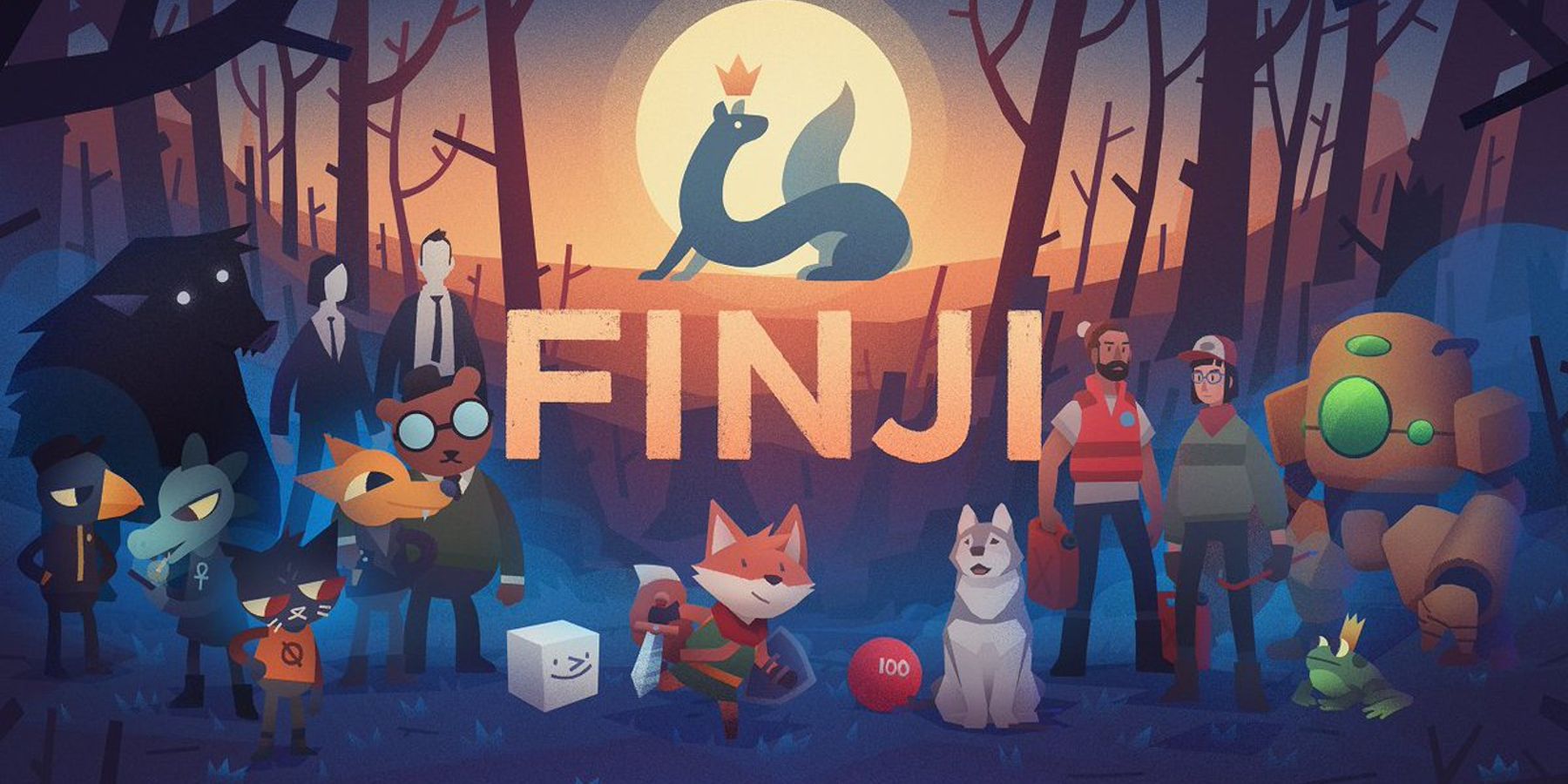By industry terms, Finji is a very young company. The publisher and video game developer relaunched in 2014, headed by Rebekah and Adam Saltsman. In-between publishing hits like Chicory: A Colorful Tale, Night in the Woods, and Wilmot's Warehouse, Finji also produces its own games including Overland and a secret in-development project. Suffice to say, Finji is well-versed in all aspects of game development, which makes it authoritative when it says that indie games are getting expensive to make.
Speaking with IGN, Rebekah Saltsman talked about how indie development is challenging because the industry can change so much in-between game releases. Maintaining a following or fanbase is difficult on its own without indie studios disappearing between game releases. Saltsman says that one of the biggest changes, perhaps the largest challenge indie developers face at the moment, is the rapid increase in development costs. Saltsman explains that, for both developers and publishers, everything has become "wildly expensive."
Five years ago Saltsman says that Finji could make a game for a "million dollars," which she says was crazy to think about even then. Now, however, Saltsman says that they feel good about a project if they can say they can make it for under four million. "It's so much money," she says, especially when that cost has to be thought about in the context of total units sold of the game so that it can make a profit.
While Saltsman doesn't get into any specifics regarding game sales, she is willing to say that the number of indie games that manage to sell over 100,000 copies of a game remains incredibly few. Further, indie games are stuck underneath a "cap" on pricing, as video game players focus on pricing for smaller games of around $10-20. Anything higher would be a risk. Then the platform holder's percentage has to be taken into account, too. Even at its simplest, the math makes clear 100,000 copies sold isn't paying for a $4 million budget -- or even a $2 million.
With indie game development funding what it is, and dozens of indie development studios in need of the kind of funding publishers like Finji offer, Saltsman also has a warning. Many publishers will try to minimize their risk through predatory contracts, taking IP rights and higher percentages of revenue that developers need to survive. Making indie games is a minefield. Even Finji is limited in what it's able to provide.
Yet Finji is a great example of how indie game development and publishing is thriving even as risk remains high. In 2021, Finji will be releasing the highly anticipated action-adventure game Tunic, helping I Was a Teenage Exocolonist get closer to release, and perhaps sharing more information about its in-house game, too. Game development may be increasingly expensive, but publishers like Finji are helping make it manageable – at least for a few.
Source: IGN

